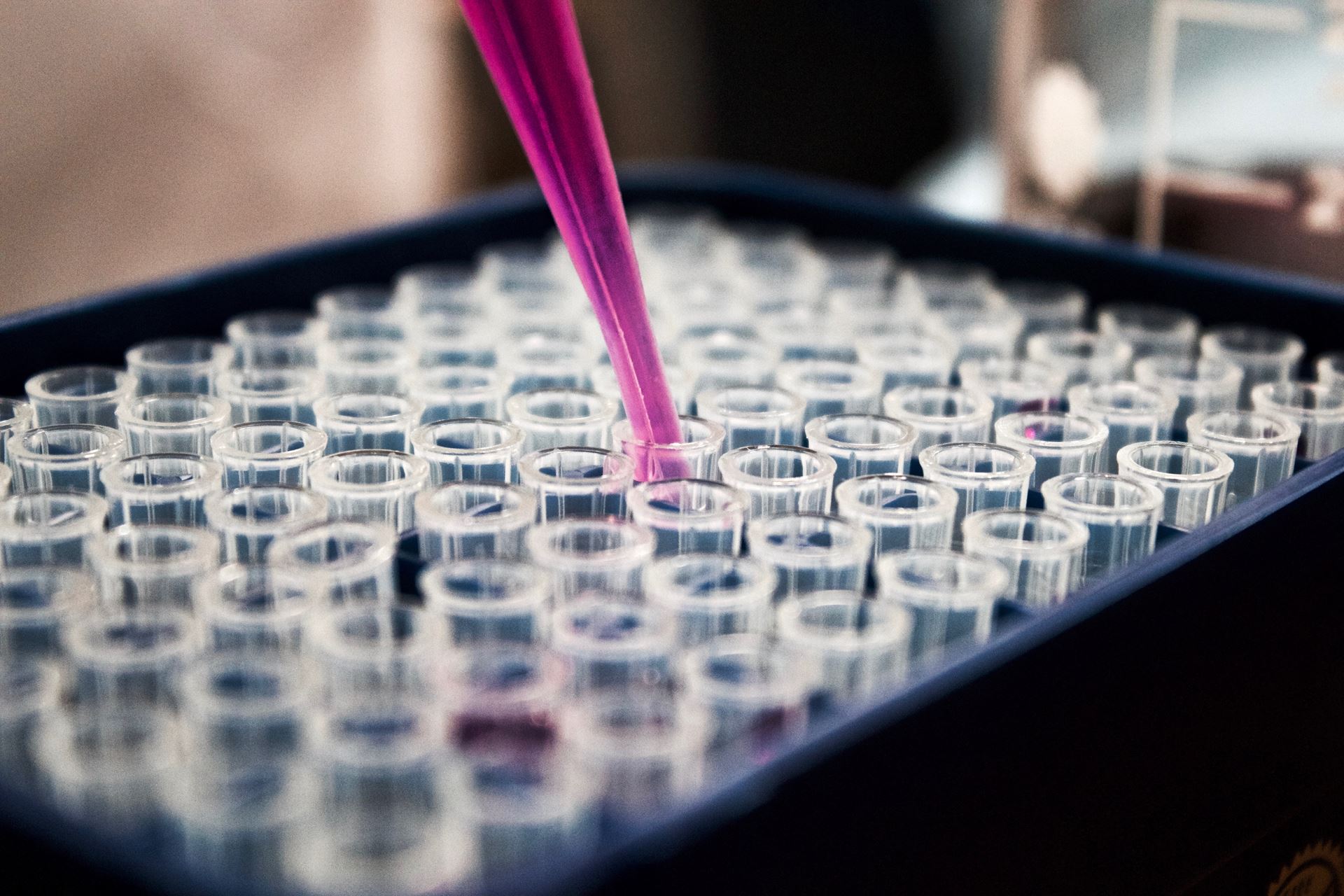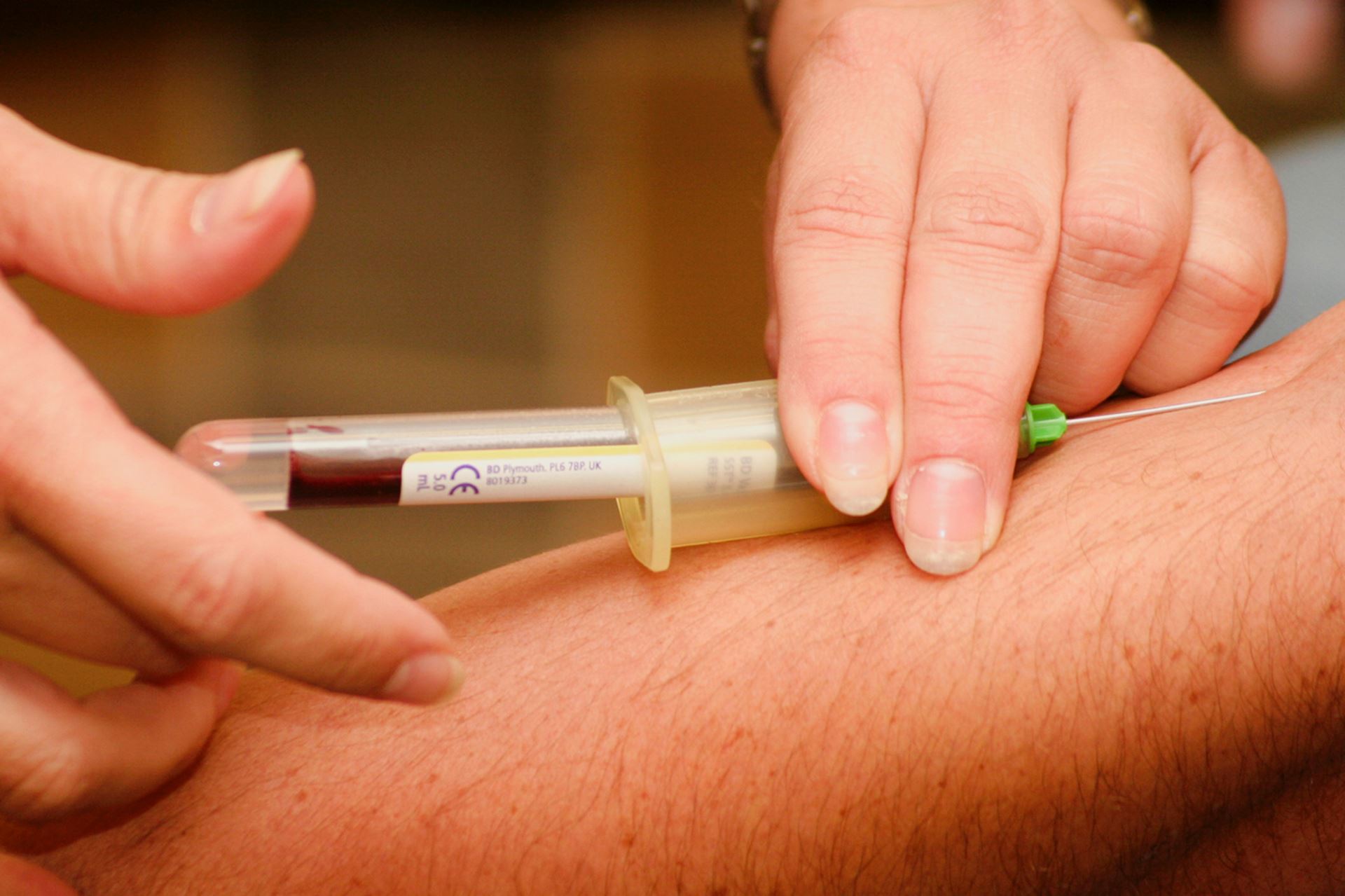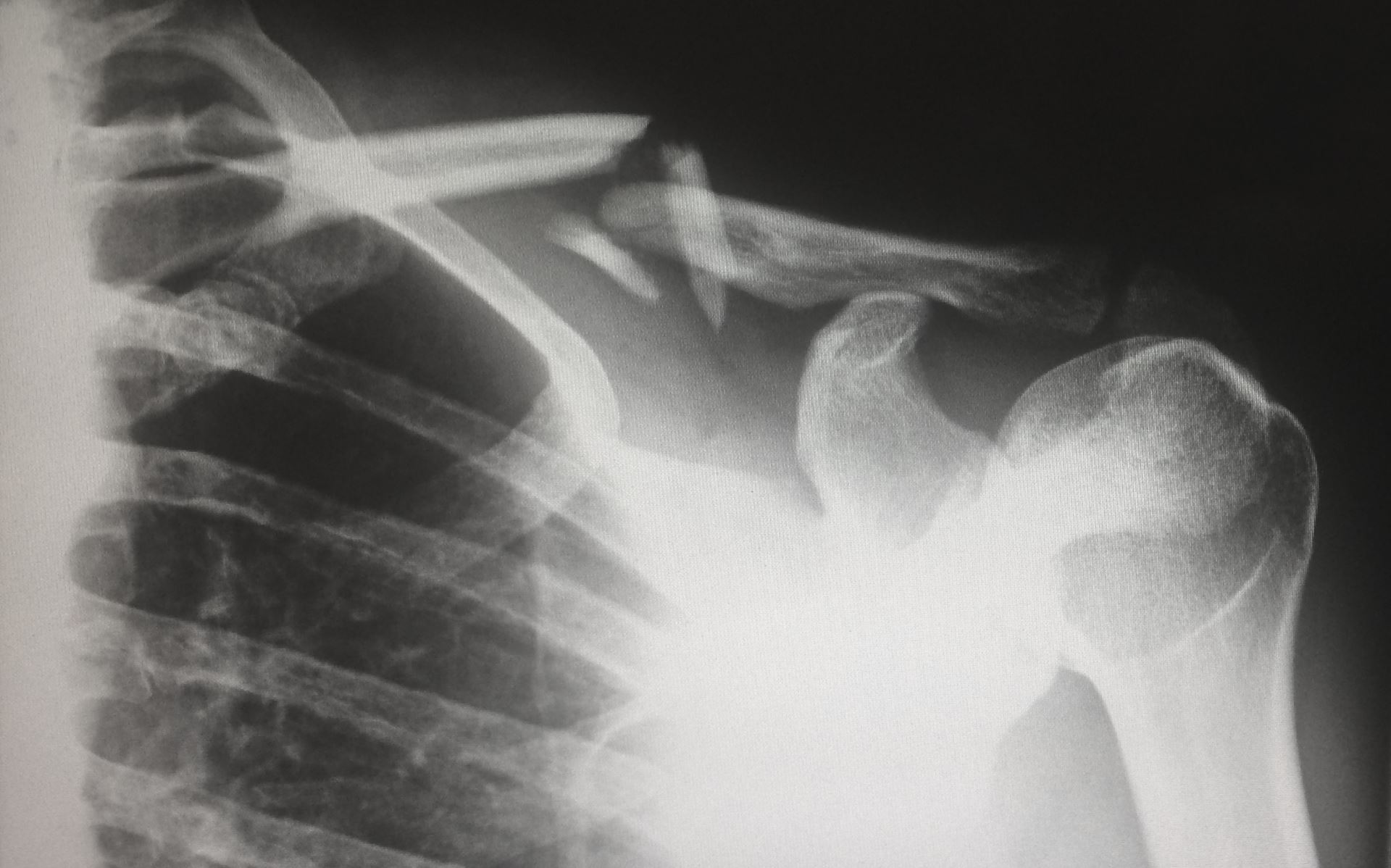Results of blood tests, X-rays and other investigations arranged by your doctor, arrive and have to be checked by the doctors mid morning. Please chack your NHS App to get the results of your tests. If this is not possible, please telephone for results anytime after 11.00am.
Our receptionists are not trained to interpret results and can only pass on messages from the doctor. They can not give you individual readings. If you need to speak to the doctor or arrange an appointment the receptionist will advise you.
Please note that we do have a strict policy regarding confidentiality and data protection. In this respect we will only give out results to the person they relate to unless that person has given prior permission for their release or if they are not capable of understanding them



